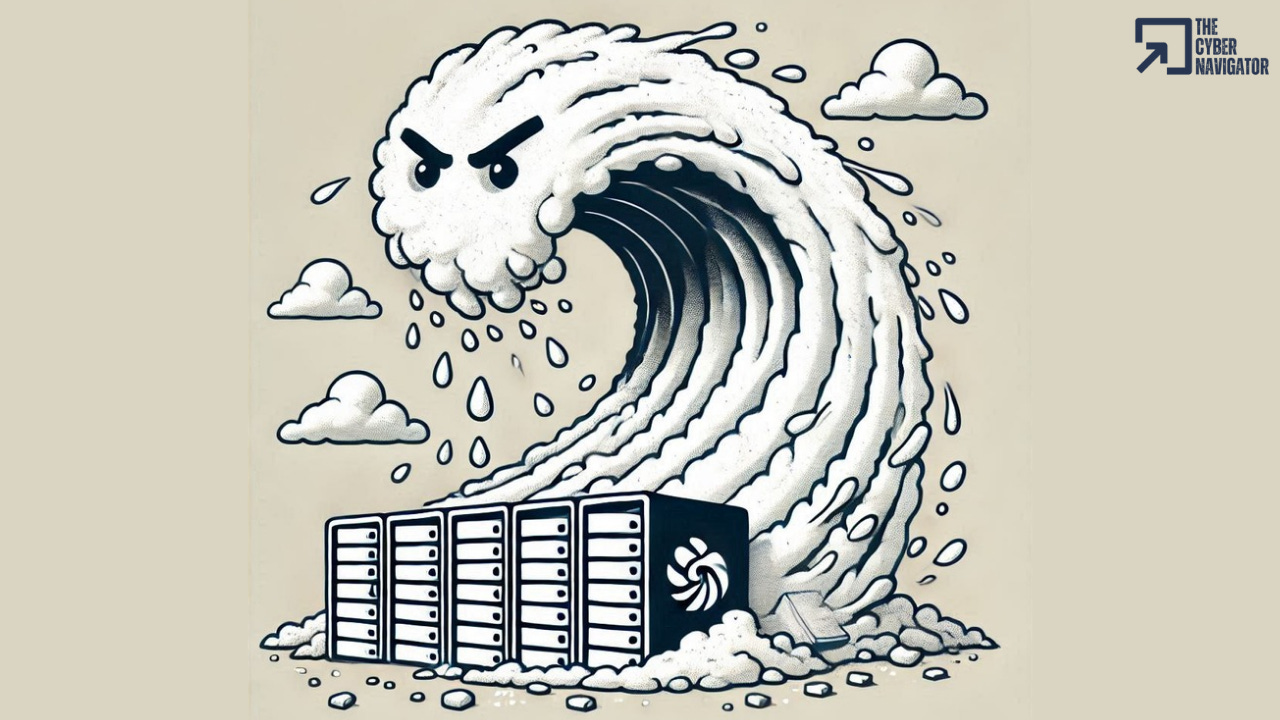Salt Typhoon: How Hackers Exploited America’s Telecom Giants
What the 2024 Telecom Breach Taught Us About Cybersecurity
Imagine this: a shadowy group of hackers quietly infiltrates some of the biggest telecommunications companies in the U.S. They sneak in, blend into the background, and extract a goldmine of data - all without raising alarms. This isn’t the plot of a spy thriller; it’s the real-life operation carried out by a Chinese state-backed hacking group called Salt Typhoon in 2024. Let’s break down what happened, why it’s a big deal, and how it could impact everything from your personal privacy to national security.
The Breach: How Did It Go Down?
Salt Typhoon, also known as Earth Estries, didn’t just break into one company - they hit at least ten major telecom providers, including industry giants like Verizon and AT&T. Using advanced hacking techniques, they got their hands on something called Call Detail Records (CDRs). These aren’t your average phone records; they show who you called, when, for how long, and, thanks to 5G networks, where you were at the time. Imagine the level of detail they could get on millions of Americans.
Now, here’s where it gets interesting. Instead of flashy attacks, Salt Typhoon used "living-off-the-land" tactics. They relied on tools already built into these networks, like WMIC and PsExec, to stay under the radar. It’s like a burglar using your house keys to rob you, so you don’t even realize they’ve been there.
What Were They After?
While investigators are still piecing things together, the data Salt Typhoon accessed could be a game-changer. CDRs can reveal everything from the habits of regular citizens to the movements of high-profile targets like government officials. There are concerns they could use this information to track spies, monitor military activities, or even predict sensitive operations.
What makes this even scarier? 5G technology allows for precise location tracking, narrowing a person’s position down to just a few meters. This isn’t just an invasion of privacy - it’s a potential national security crisis.
The Bigger Picture
This breach raises some huge questions about the security of critical infrastructure. Telecom networks aren’t just about making phone calls - they’re the backbone of modern communication. And if hackers can burrow into these networks, the consequences could ripple across industries.
But why would Salt Typhoon, or the Chinese government, go to these lengths? Espionage is one answer. Having access to this level of information gives them an edge in political and economic negotiations, not to mention the ability to disrupt operations in case of a conflict.
What Happens Next?
Right now, the U.S. government and telecom companies are in cleanup mode, trying to eject the hackers from their networks. But it’s easier said than done. The tools Salt Typhoon used to stay hidden make detection incredibly difficult, and the scale of the breach suggests they’ve been operating unnoticed for years.
This incident is a wake-up call. Companies will need to invest in tougher security measures, from better monitoring systems to stricter controls over who can access what. And as consumers, we should be asking harder questions about how our data is being protected.
The Bottom Line
Salt Typhoon’s operation shows how vulnerable even the most advanced systems can be. Whether you’re a regular phone user or a government official, this breach highlights a harsh reality: in the digital age, no one is immune.




